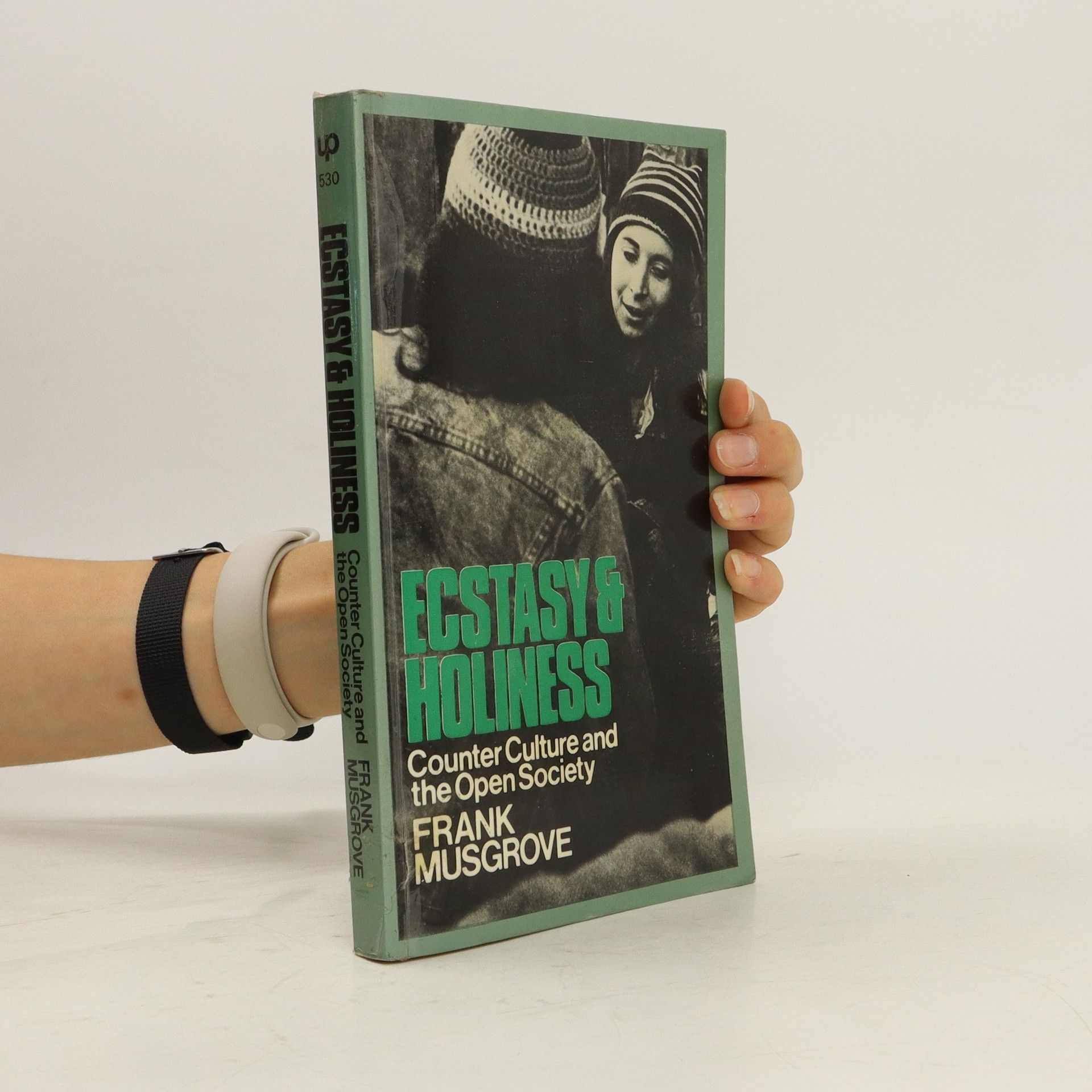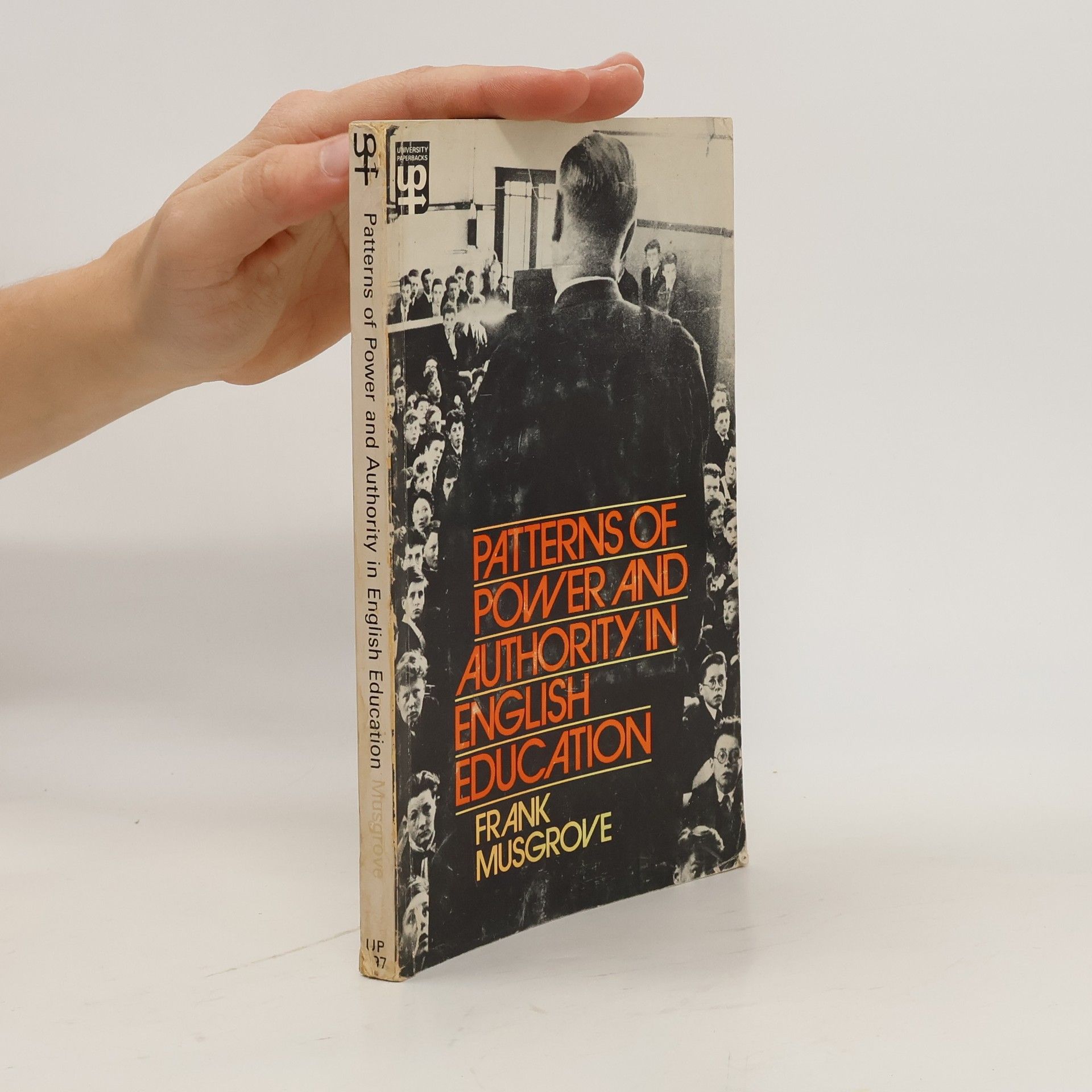The book presents a compelling argument that the counterculture movement emerged not from alienation but from new opportunities shaped by a generational consciousness that has influenced Western societies since the 1950s. It explores the connections between economic expansion, population shifts, and a decline in religiousness, suggesting that these factors played a crucial role in the development of this cultural phenomenon.
Frank Musgrove Livres






Dresden and the Heavy Bombers
- 128pages
- 5 heures de lecture
13th February 2020 saw the 75th anniversary of the controversial raid on Dresden. First hand account evaluating the raid and Bomber Command's heavy bombing strategy as told from the perspective of an RAF Navigator.
Margins of the Mind
- 256pages
- 9 heures de lecture
Exploring the theme of personal transformation, the book delves into whether adults can truly change. Through interviews and case studies, it highlights seven marginalized groups in 1970s Britain, examining how their experiences shape consciousness and facilitate change. Musgrove's analysis offers insights into societal dynamics and the potential for growth among those on the fringes.
First published in 1971, this book argues that schools at the time were underpowered, due partly to circumstances within contemporary educational institutions, but chiefly to their relationships with the wider social environment. It suggests that schools lacked bargaining power and that their position deteriorated because they had marketed an ever more standardized product. The book focuses particularly on the bureaucratization of education and the growing conflict between teachers and academic administrators. It also examines the dangers of cyber-culture but rejects its hopes of an anarchistic order as illusory. It concludes that power in educational institutions was not effectively mobilized to meet its goals. It also contributes to the analysis of social relations in English education.
Deals with the counter culture which emerged in the wealthy societies of the late 1960s and early 1970s, often disguised by the rejection of conventional careers and the acceptance of voluntary poverty in the context of plenty. The period witnessed radical change in young people's attitudes.